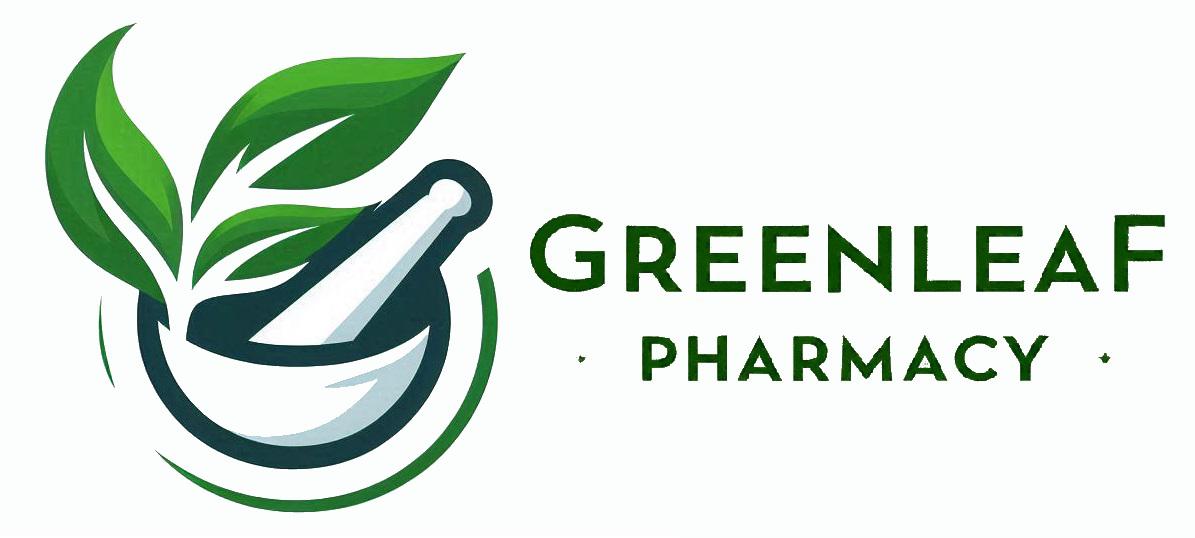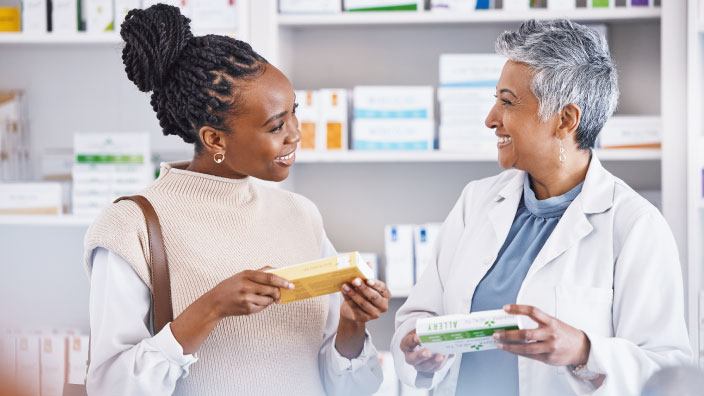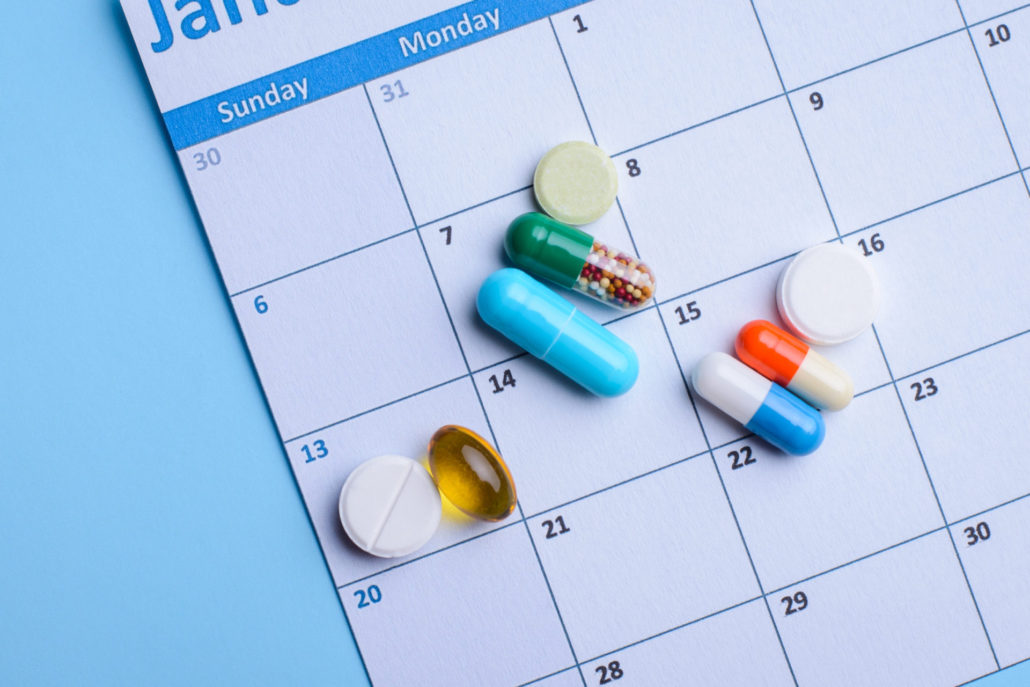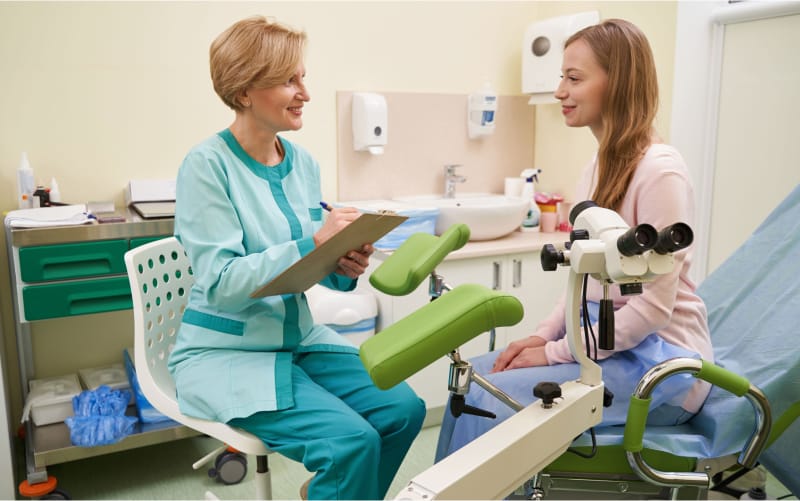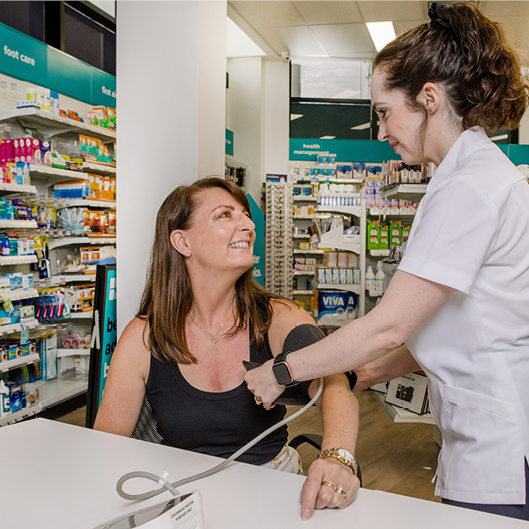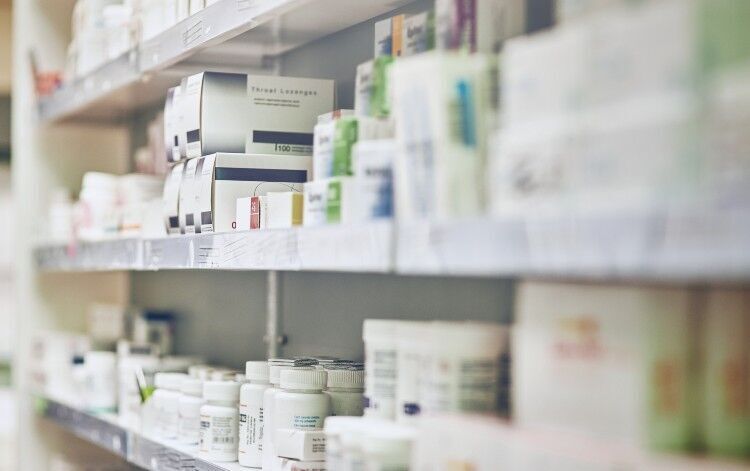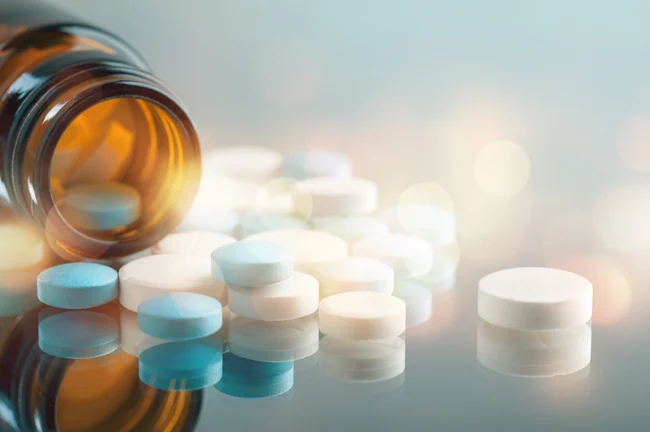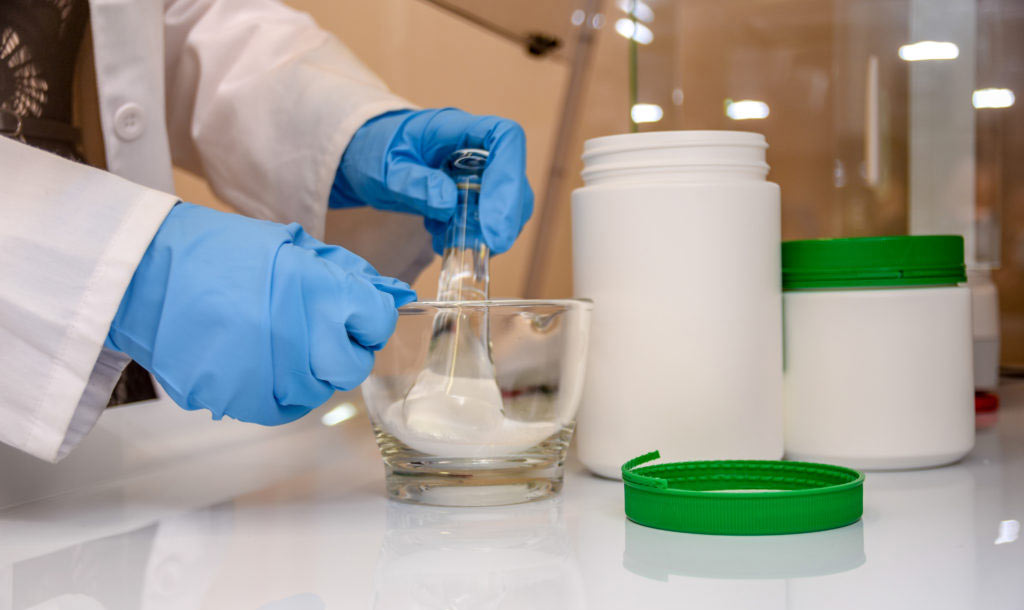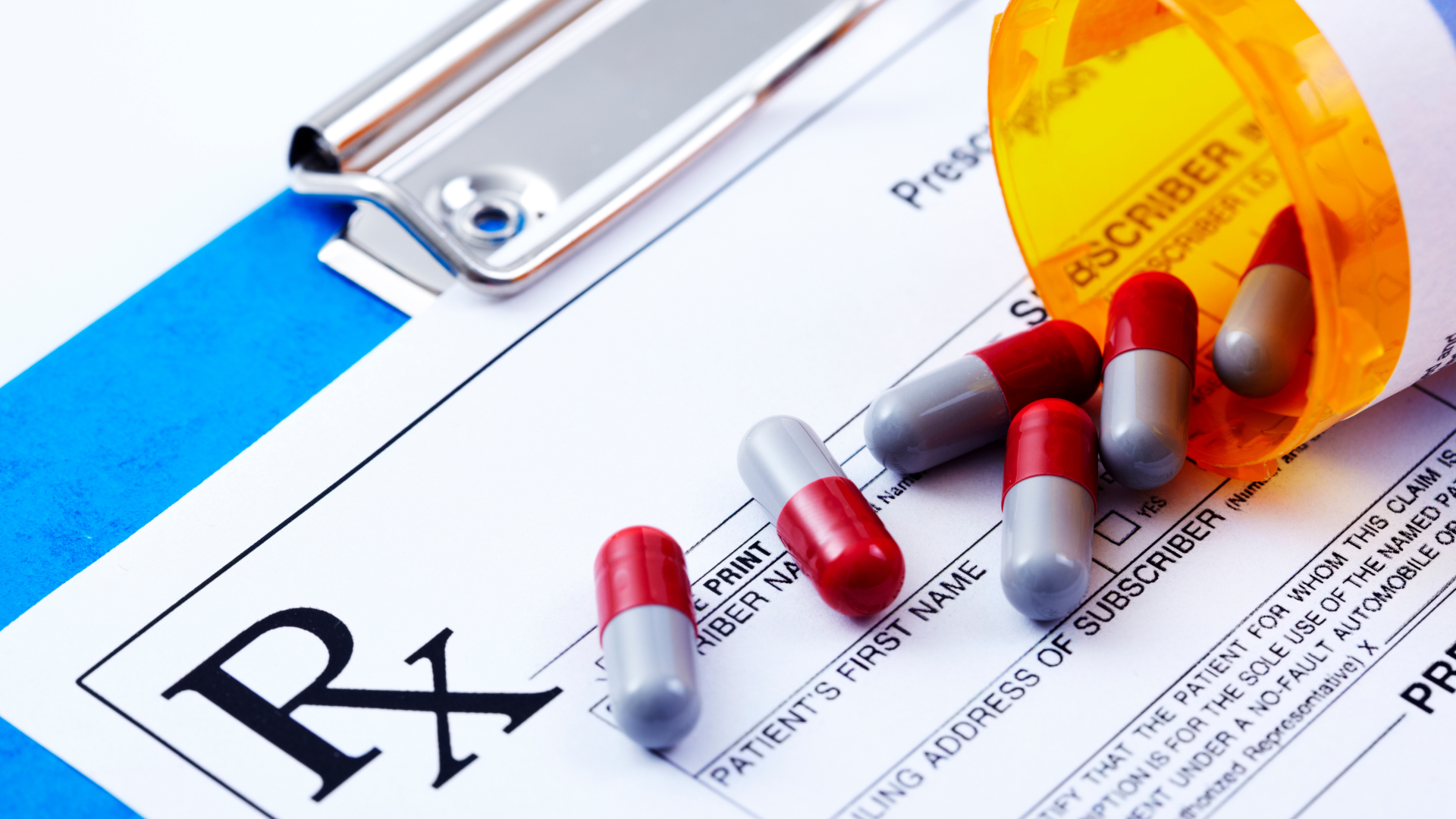The best way to dispose of old prescriptions is through a drug take-back program. These programs are free, safe, and easy to use. If you can’t get to a take-back site, you can safely dispose of most medicines at home using simple steps. This guide will show you all the safe ways to get rid […]
Yes, pharmacists can prescribe some medications without a doctor, but it depends on where you live and what type of medicine you need. Many states now allow pharmacists to prescribe certain medications like birth control, smoking cessation products, and treatments for minor conditions. This change makes healthcare more accessible for millions of Americans. In this […]
Yes, pharmacists play a vital role in helping people safely use over-the-counter (OTC) drugs. They act as your healthcare guide, helping you pick the right products and use them safely. Pharmacists can provide patients with the necessary information to make proper selections when choosing OTC products and can encourage them to thoroughly read the labels […]
Medication synchronization is a service that lets you pick up all your prescription drugs on the same day each month. Instead of making different trips to the pharmacy, you get everything at once. This simple idea helps millions of Americans take their medications better. It also saves time, money, and helps people stay healthier. Let’s […]
Yes, doctors do recommend compounding pharmacies when regular medications don’t meet your specific needs. However, they only suggest them when truly necessary – like when you need a special dose, have allergies to ingredients, or can’t take pills. Most doctors prefer FDA-approved drugs first, but compounding becomes important when those options won’t work for you. […]
Yes, pharmacists can help you manage high blood pressure. They work with your doctor to check your medications, watch your blood pressure, and teach you how to take care of yourself. Many people don’t know that pharmacists are trained to help with blood pressure problems. They can check your blood pressure, help you understand your […]
Non-dispensing pharmacies are healthcare facilities that provide pharmacy services without actually giving out medications. Instead of handing you a bottle of pills, these pharmacies focus on helping you understand your medications, checking for problems, and making sure you get the best treatment possible. This guide will explain everything you need to know about non-dispensing pharmacies, […]
Yes, medication therapy management (MTM) plans have 5 core components that work together to help you get the best results from your medicines. These parts are: medication therapy review, personal medication record, medication-related action plan, intervention and referral, and documentation and follow-up. This guide will break down each part in simple terms. You’ll learn how […]
Yes, you can tell if a pharmacy is a compounding pharmacy by looking for specific signs, certifications, and services they offer. According to the American Pharmacists Association, about 7,500 of the 56,000 community pharmacies in the United States specialize in compounding services, making custom medications for patients who need something different from regular pills. This […]
Yes, you can get prescriptions without insurance through several proven methods that can save you hundreds of dollars. Many drug companies have patient assistance programs that cover some or all of the costs of their medicines, and there are discount programs, community health centers, and telehealth services that help uninsured patients access affordable medications. Getting […]
